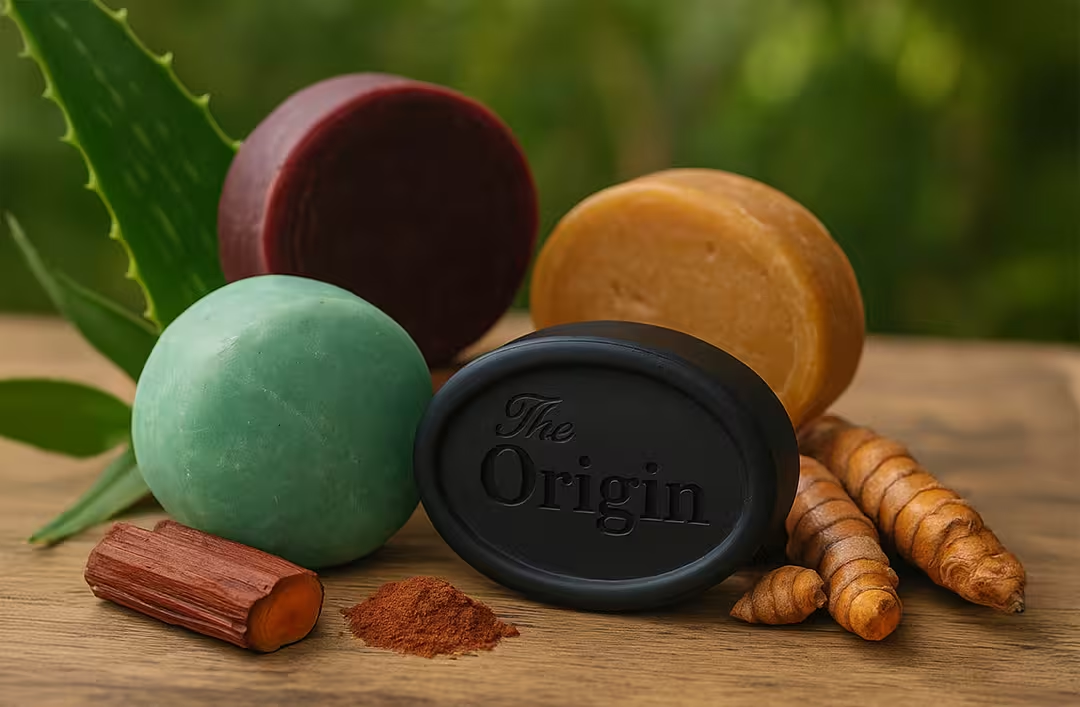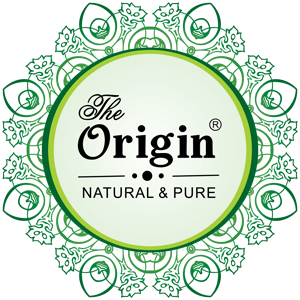No products in the cart.

The Importance of Soap: More Than Just Clean Skin
When we think about soap, most of us picture a simple bar or bottle sitting beside the sink—used, rinsed, and forgotten. But behind this everyday item lies a powerful, often underappreciated tool that has shaped human hygiene, public health, and even cultural rituals for centuries.
Soap isn’t just about staying clean—it’s about staying well.
A Brief History: Soap’s Journey Through Time
Exists evidence that soap was used in ancient Babylon, Egypt, and Rome as early as 2800 BCE. To make a crude cleaner, early societies used ashes and animal fats. In addition to being utilized for the body, these early soaps were also used for wound care, cloth washing, and even spiritual ceremonies.
Soapmaking developed into a craft by the Middle Ages, especially in cities like Venice, Marseille, and Aleppo. These soaps, which were created with herbs and olive oil, were incredibly nutritious in addition to being cleaning.
Today, soap has changed due to modern manufacture and a better grasp of chemistry. However, its fundamental significance has not changed—in fact, it may be more important than before.
1. Hygiene and Health: The First Line of Defense
The most fundamental role of soap is simple: to remove dirt, bacteria, viruses, and other impurities from the skin. Soap works by breaking down the oils that trap germs on our hands and bodies. Water alone can rinse off surface debris, but it’s soap that truly lifts and washes away what our eyes can’t see.
This became especially clear during the COVID-19 pandemic. Global health authorities emphasized handwashing with soap as one of the most effective ways to reduce transmission—not hand sanitizer, not gloves, but plain old soap and water.
Regular handwashing with soap has been shown to:
- Reduce respiratory illnesses by up to 21%
- Lower the risk of diarrheal diseases by over 30%
- Prevent eye infections, particularly among children in low-resource settings
It’s no exaggeration to say that soap saves lives
2. Skincare and Self-Care: Nurturing the Body
Soap is more than just functional—it’s also deeply sensory and emotional. The right soap doesn’t just cleanse your skin; it nourishes it. Natural soaps made with plant-based oils, herbs, and essential oils can soothe sensitive skin, calm inflammation, and provide lasting moisture.
Choosing the right kind of soap is crucial:
- For dry or sensitive skin: Go for glycerin-based or cold-processed soaps with ingredients like shea butter or oatmeal.
- For acne-prone skin: Look for antibacterial properties like neem, tea tree, or wild turmeric (Kasthuri Manjal).
- For oily skin: Charcoal, clay, or citrus-infused soaps can help regulate sebum.
Beyond skincare, bathing with fragrant, natural soaps can be an act of mindfulness—an everyday ritual that reconnects you with your body, your breath, and your senses.
3. Cultural Significance: Cleanliness as a Way of Life
In many cultures, cleanliness isn’t just practical—it’s spiritual. In Indian tradition, for example, bathing is an important ritual that signifies inner and outer purity. Specific herbs like turmeric, sandalwood, and neem are used in soaps for their symbolic and healing qualities.
In Islamic culture, ritual purification (wudu) before prayers reflects the same value: that cleanliness is next to godliness. Similarly, the Japanese practice of bathing (ofuro) is not just about washing—it’s about unwinding, cleansing the spirit, and preparing for renewal.
Soap is the quiet partner in all these traditions—a simple medium carrying centuries of cultural wisdom.
4. Environmental Considerations: Choosing Wisely
Though soap is necessary, not all soaps are made equally. Numerous commercial types contain preservatives, artificial perfumes, microplastics, and synthetic detergents that are bad for the environment and our bodies.
This is where handmade and natural soaps are unique. These soaps are produced with sustainable methods and biodegradable ingredients.
- Leave no toxic residue in waterways
- Are free from animal testing and harsh chemicals
- Often come with eco-friendly packaging
Choosing a consciously made soap isn’t just better for your skin—it’s a small but powerful step toward environmental responsibility.
5. Accessibility and Equity: A Global Perspective
Access to soap remains a serious global issue. According to UNICEF, 3 out of 10 people worldwide lack access to basic handwashing facilities. This isn’t just about inconvenience—it’s about life and death, especially in regions vulnerable to outbreaks of cholera, typhoid, or COVID-19.
Supporting organizations that promote hygiene education and provide soap in underserved communities can have a massive ripple effect, improving health, school attendance, and economic outcomes.
Soap may seem small—but in the right hands, it changes lives.
The Small Bar That Makes a Big Difference
It’s essential to take a moment to appreciate the commonplace items that have timeless value in a world that is rushing toward convenience and innovation. Among them is soap, which is simple, familiar, and essential.
It offers protection. It recovers. It helps us connect with ourselves and with tradition. Carefully crafted, it accomplishes all of this while also honoring the environment.
Therefore, pause the next time you lather up. Enjoy the subtle strength of that chocolate in your hand as you feel its texture and smell it. After all, soap is about being human, not just about staying clean.

